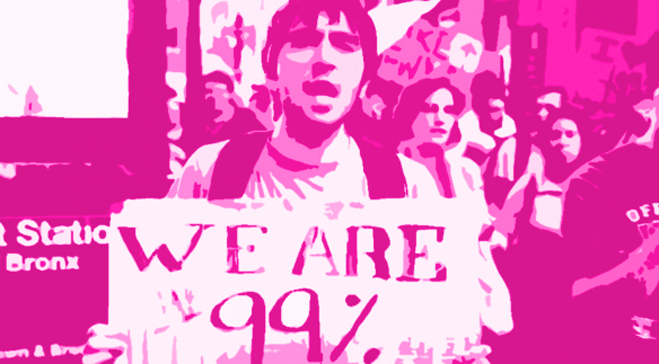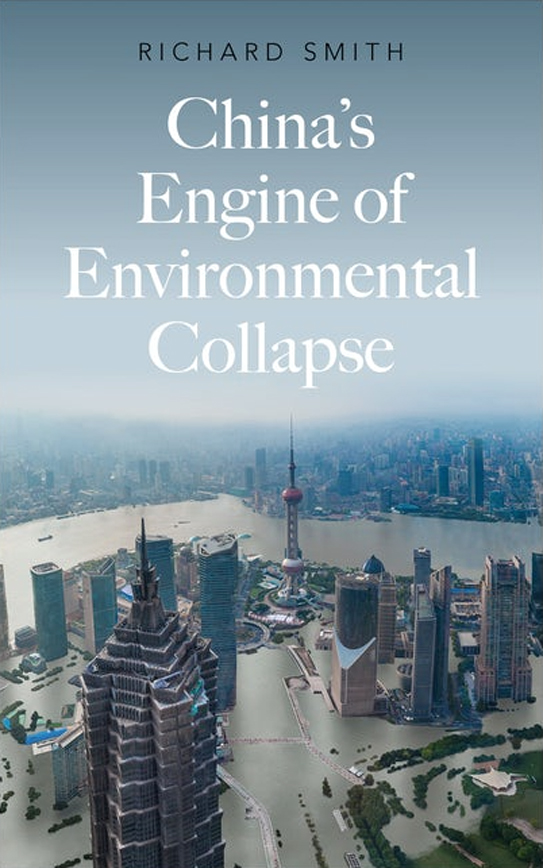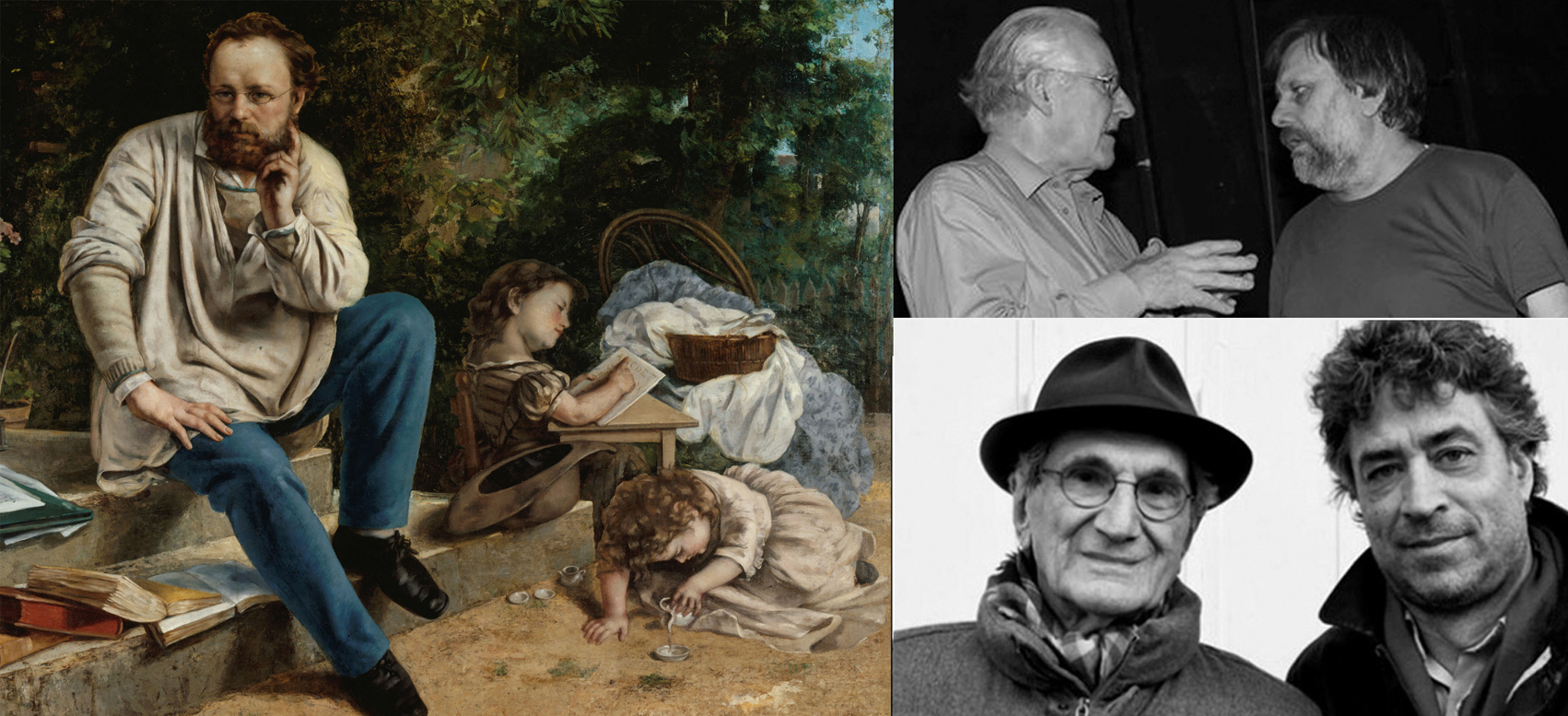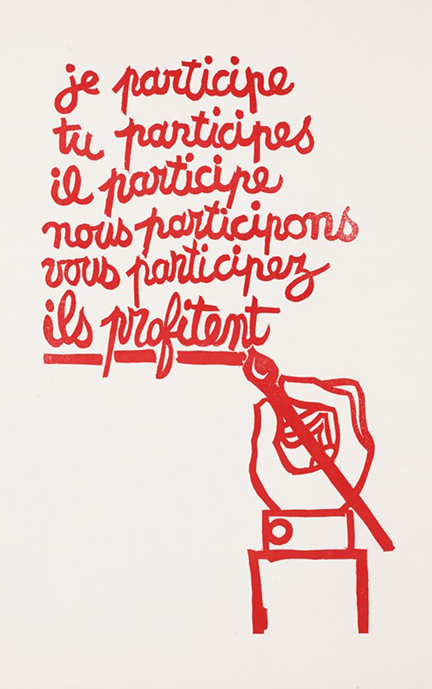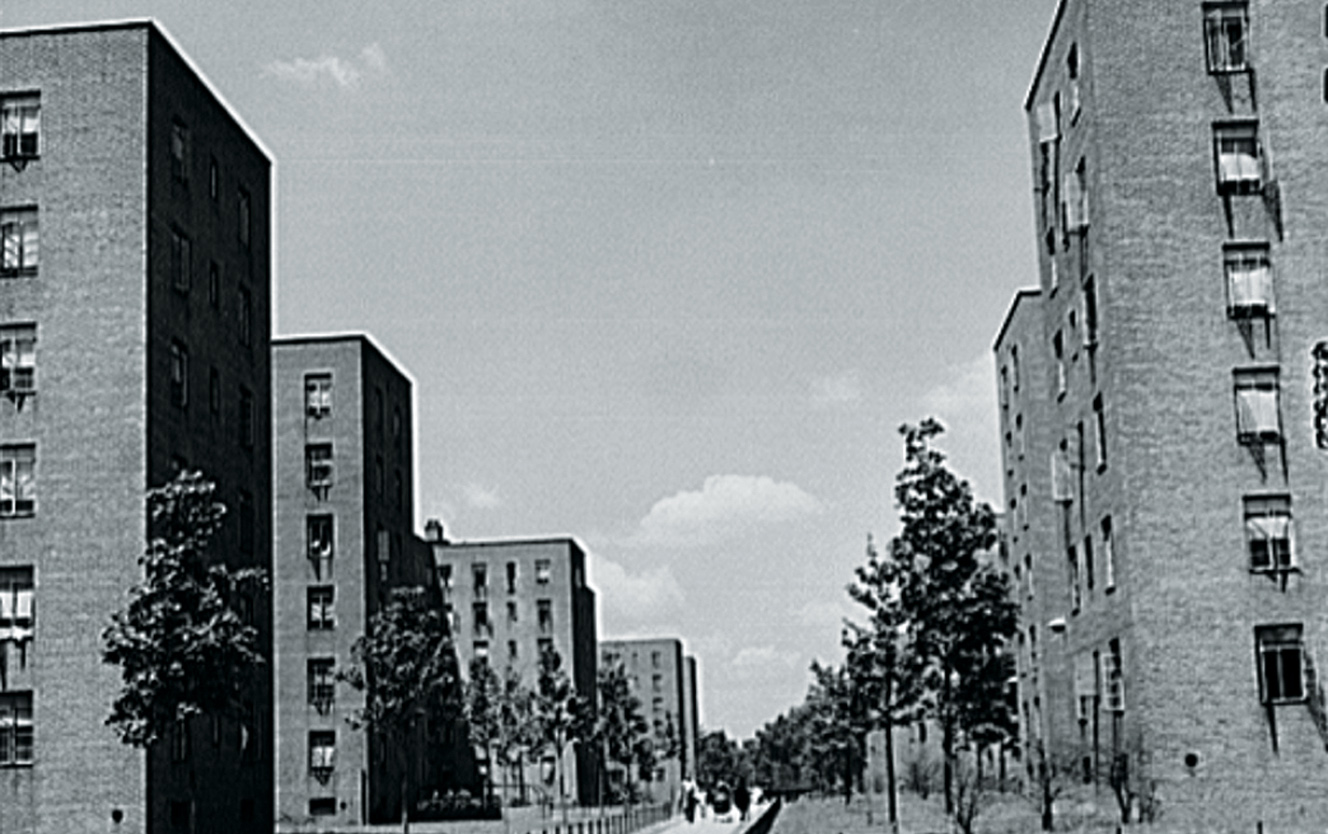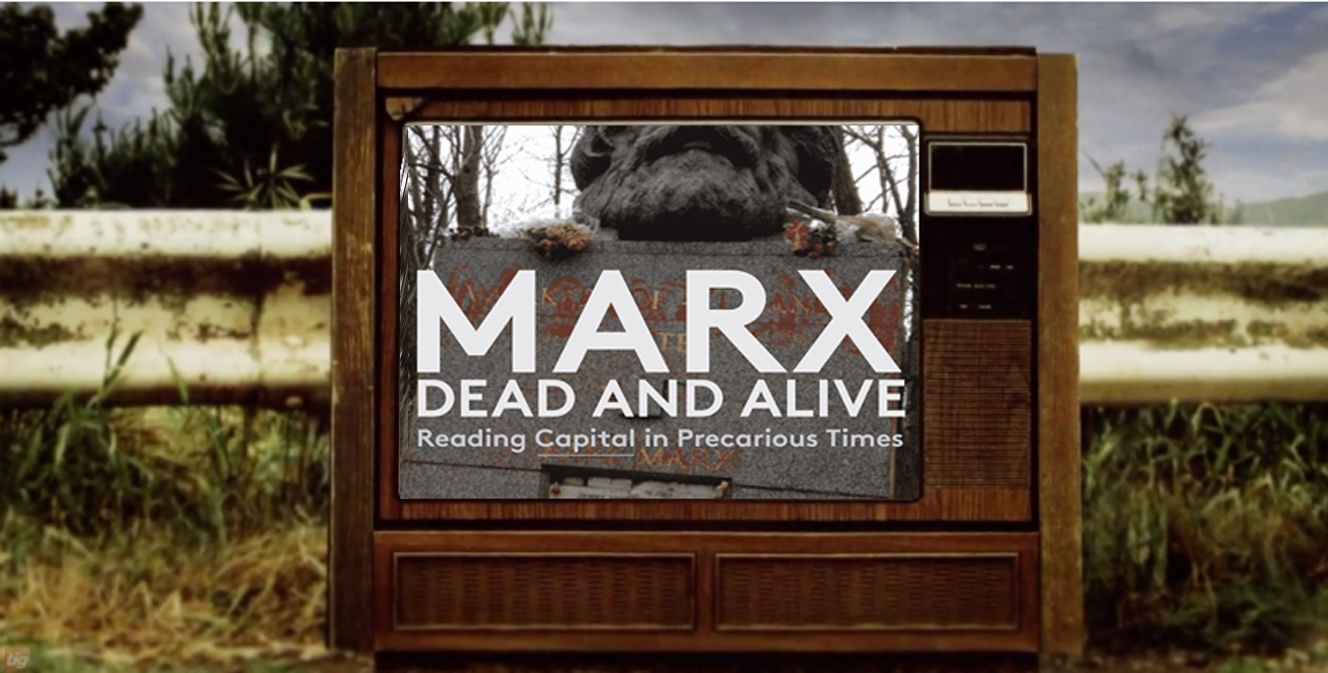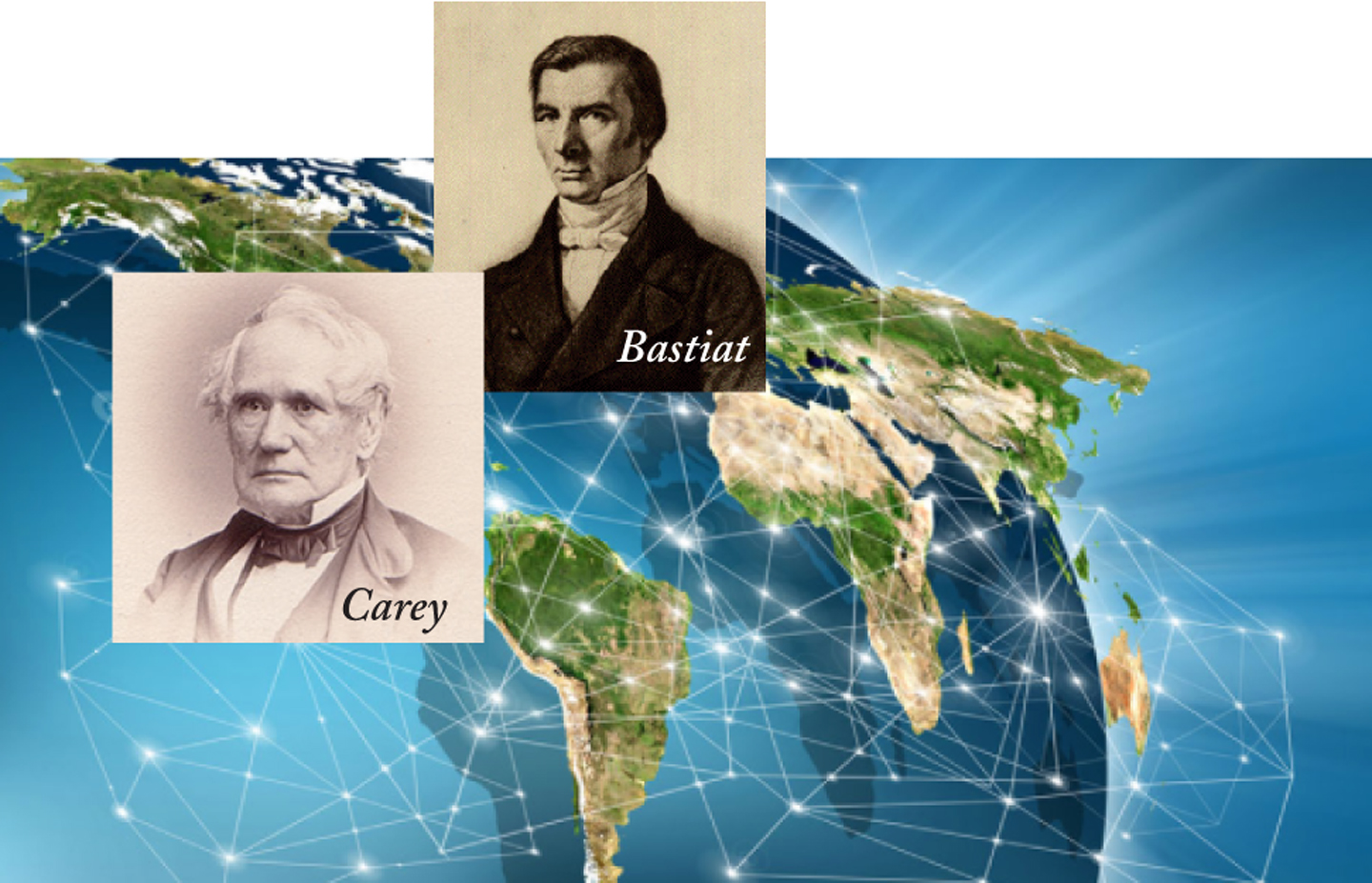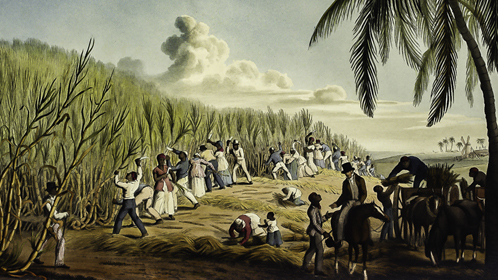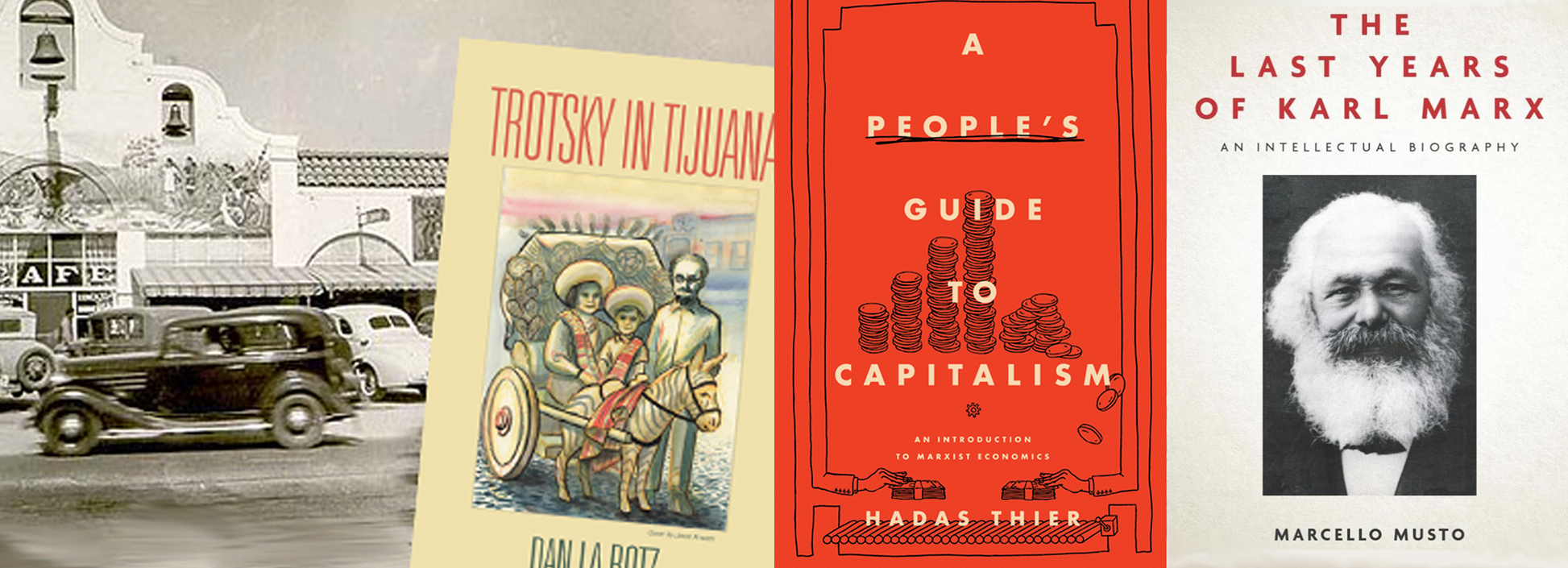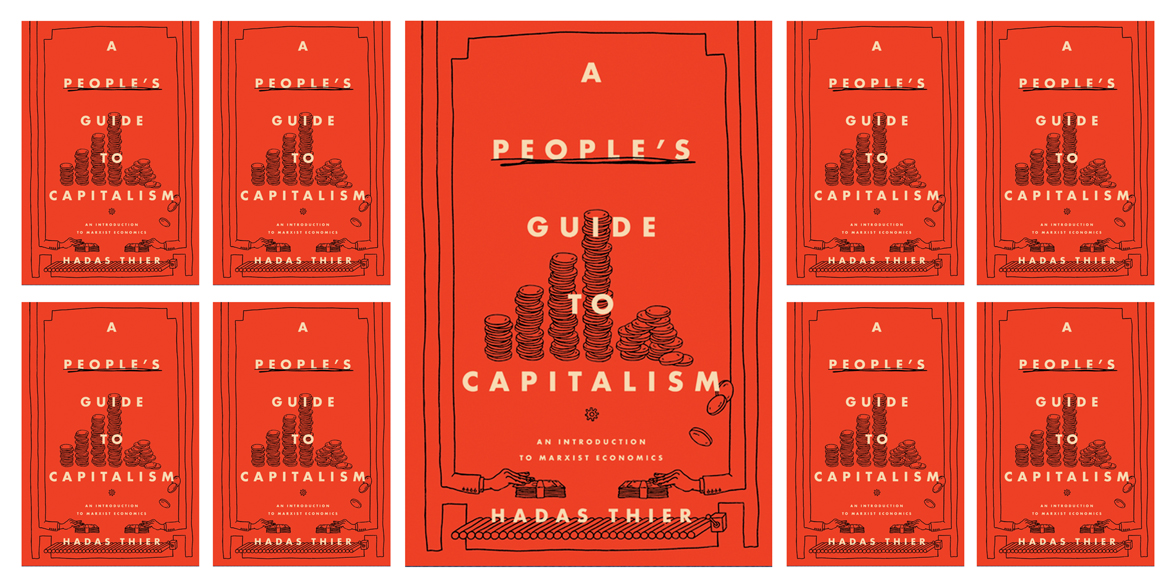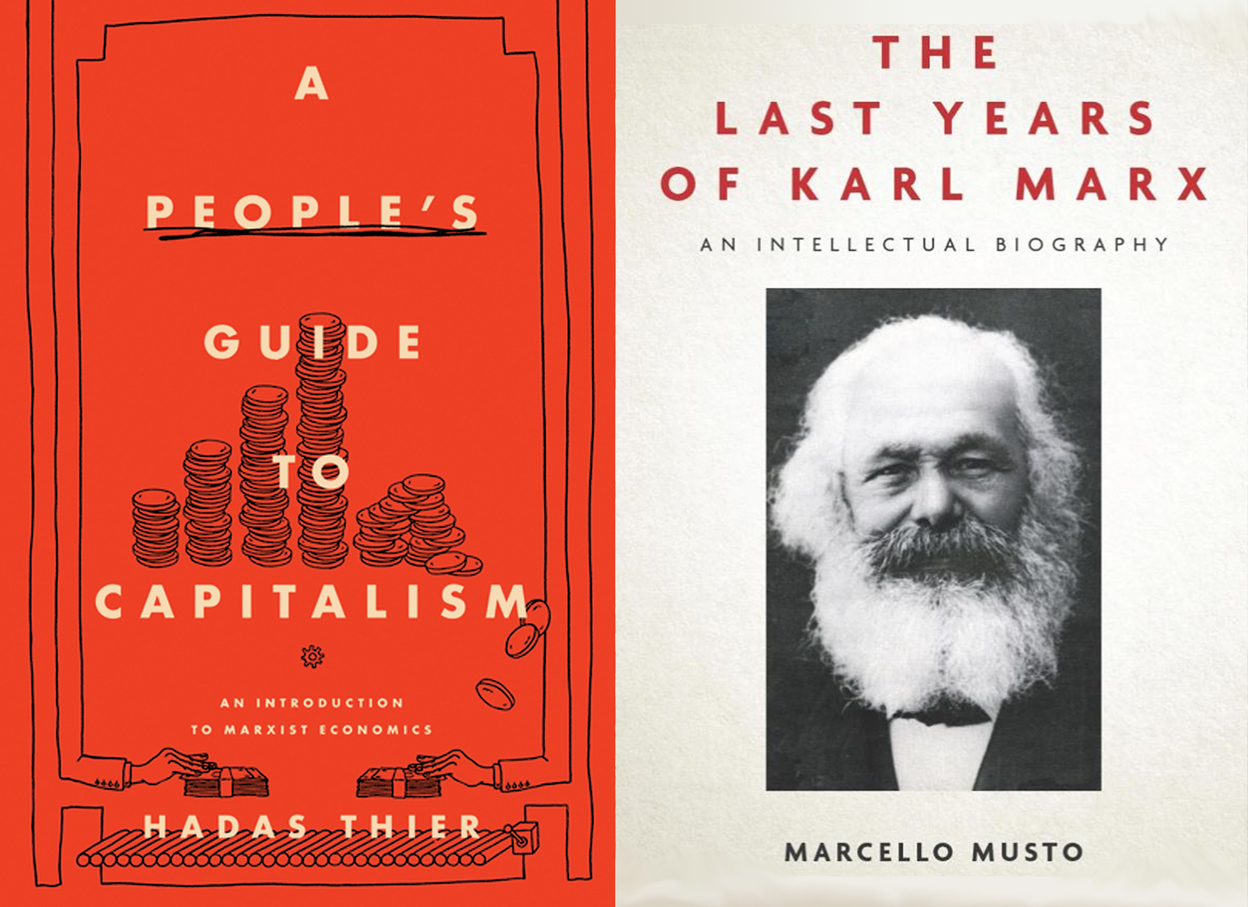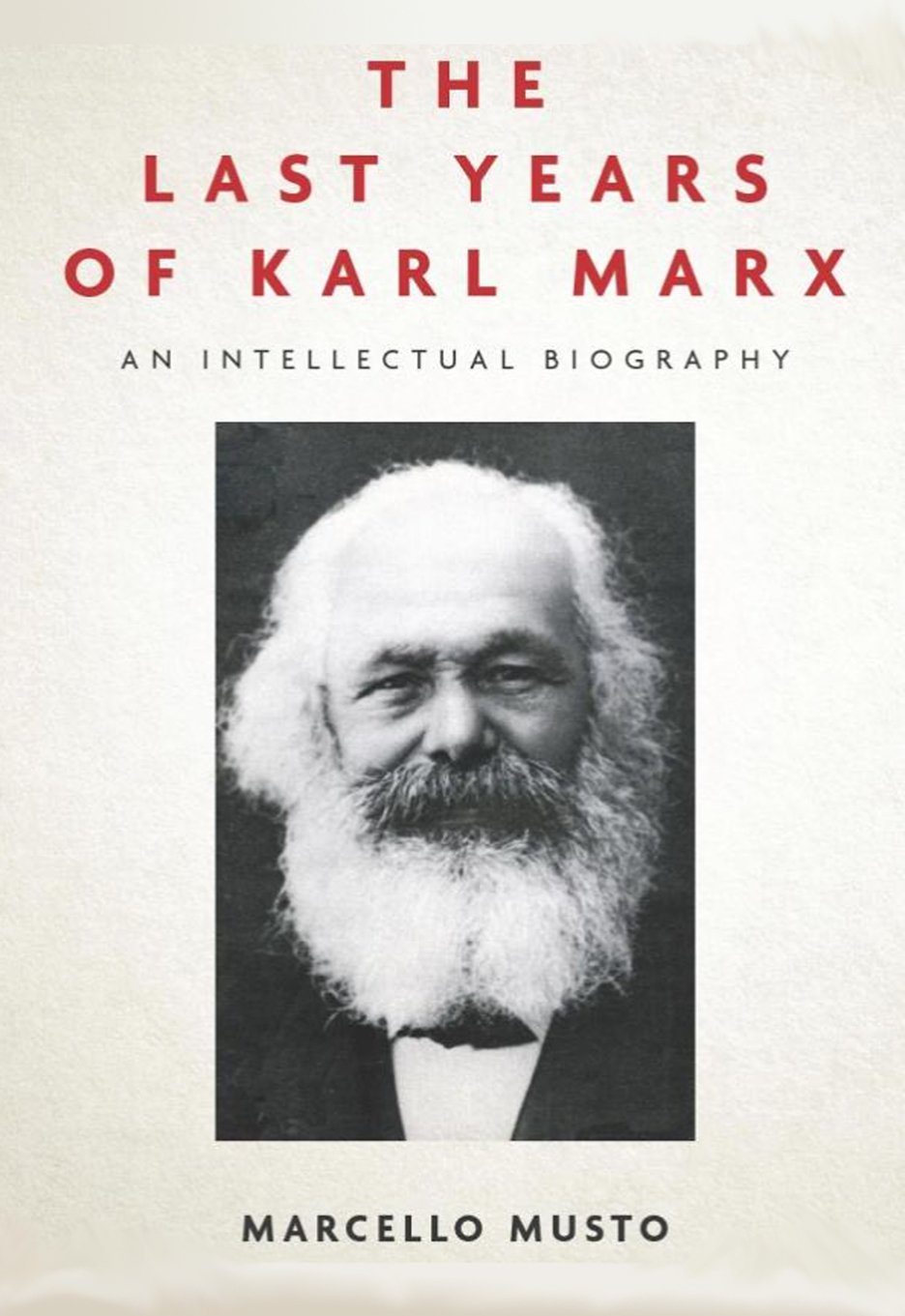Science and Method
What Should Socialism Mean in the 21st Century?
Online: Zoom link will be provided to registered participantsFraser contends that socialism must do more than transform the economy. Over and above that desideratum, it must also transform the economy’s relation to its background conditions, especially non-human nature, the unwaged work of social reproduction, and political power. In a nutshell, a socialism for the 21st century must be ecological, feminist, anti-racist, and democratic.
China’s Engine of Environmental Collapse
Online: Zoom link will be provided to registered participantsAs the world hurtles towards environmental oblivion, China is leading the charge. The nation's CO2 emissions are more than twice those of the US with a GDP just two-thirds as large. China leads the world in renewable energy yet it is building new coal-fired power plants faster than renewables. Richard contends that nothing short of drastic shutdowns and the scaling back of polluting industries, especially in China and the US, will suffice to slash greenhouse gas emissions enough to prevent climate catastrophe.
21st Century Communists of the Commons and Contemporary Proudhonism
Online: Zoom link will be provided to registered participantsThe sum of what the 21st Century Proudhonists put forth as innovation, is instead prey to a series of misunderstandings – of the concept of the commons itself, of contemporary capitalism whose dynamics forms the backdrop of their project and key economic and political ideas of Marx whose authority they seek to attach to their project.
Capital, Volume 3, Part 7, the last chapters of volume 3
Online: Zoom link will be provided to registered participantsThe study of Volume III is essential to understanding the complex dynamics at work in the present realities we are facing and how these realities are the necessary results of the inner logic of capital. In this moribund stage of late capitalist/imperialist development we see the rise of rentier and finance capital—the introduction of financial instruments being used to make money make more money, jumping over and above the actual real wealth produced by trading on future wealth (derivatives and other forms of fictitious capital); overriding supply and demand as a price mechanism in such necessities as foodstuffs so that their prices continuously rise resulting in more poverty and starvation on a world scale and here in the US; turning new technologies into means of collecting rents—the internet, mobile devices; expropriation of taxes paid by the working class to developers who are often tax exempt while our city and state governments give them tracts of our physical space; commodification of debt; privatization of public spaces, properties and institutions; foreclosures; and the list goes on.
Pre-Capitalist Economic Formations
Online: Zoom link will be provided to registered participantsRadhika will propose that Marx’s purpose in these investigations and commentaries had nothing to do with either a stagist or a determinist view of history. Against these accusations, often levelled at Marx and often put forth by the exertions of many a “Marxist”, there are reasons to believe that Marx was going beyond the stagism and determinism of received accounts to something far more sophisticated and radical.
Commodity Fetishism vs Capital Fetishism
Online: Zoom link will be provided to registered participantsThe focus will be on the analysis of commodity fetishism, in an effort to contribute to the comprehension of the different dimensions of this concept, especially in Marx’s Capital. For this purpose, we will pursue the following course: There will be an overview of various Marxist approaches to the subject. Subsequently, we are going to consider these approaches in the light of Marx’s analysis.
Social Reproduction and the City
Online: Zoom link will be provided to registered participantsFeminist political economy and feminist welfare state scholarship have not focused on the urban as a scale of analysis, and critical approaches to urban neoliberalism often fail to address questions of social reproduction. To address these unexplored areas, Black unpacks the urban as a contested site of welfare state restructuring and examines the escalating crisis in social reproduction. He lays bare the aftermath of the welfare-to-work agenda of the Giuliani and Bloomberg administrations.
Marx Dead and Alive: Reading Capital in Precarious Times
Online: Zoom link will be provided to registered participantsIn Marx, Dead and Alive—a book that begins and ends beside Marx’s recently violated London graveside—Merrifield makes a spirited case for a critical thinker who can still offer people a route toward personal and social authenticity.
Realistic Metaphysics and the Materialist Conception of History
Online: Zoom link will be provided to registered participantsMarxism's central preoccupation has been that of *class* consciousness. Marx spoke of the working class’s need to transform itself from a class *in itself* (en sich) into a class *for itself* (für sich). After two decades of revolutionary defeats and counter-revolutionary triumphs Trotsky described the situation as “the crisis of proletarian leadership.”
But these were prescriptions, now plainly further from realization than ever. In describing the proletariat as the “universal class,” Marx projected that by establishing its dictatorship (ie., radical democracy) in the proximate interest of all its members, the proletariat begins the human historical project of complete transcendence of class society. The present crisis, however, demands that this concept of “universal” be deepened and enriched. The politics based on consciousness of proximate material interest must give way to the politics of a *planetary* consciousness. The final line of our anthem, “l’Internationale sera le genre humain,” should now be taken literally.
The Origins of Geopolitical Economy in Marx’s Remarks on Carey and Bastiat
Online: Zoom link will be provided to registered participantsIn recent years, geopolitical economy has become a term for the properly historical-materialist analysis of international affairs that can successfully comprehend the evolution of the capitalist world order down to the contemporary age of multi-polarity by placing the nation-state as centrally in the analysis of capitalism as class. This interpretation is embedded in Karl Marx’s thinking, though not fully developed there. Perhaps its clearest expression can be found in his fragmentary comments on the “Yankee” mercantilist economist, Henry Carey, in the final pages of the “Grundrisse”.
Blood and Money
Online: Zoom link will be provided to registered participantsEven before capitalism arose – in a process Marx termed the “so-called primitive accumulation” – money and markets were implicated in the rise and fall of states and empires that conquered and enslaved vast numbers of human bodies. This group will address these histories and their persisting consequences.
THIS EVENT SOLD OUT ON SEPTEMBER 27 at 6 PM. Please write to info@marxedproject.org
The new offering of this course will begin on Monday, January 25, 1 pm to 3 pm New York City time
3 Event Pass: 5th Edition
Online: Zoom link will be provided to registered participantsAn exceptional offer for four events at prices where you can consider bringing along a friend—all brought together by the Capital Studies Group.
Opening presentation: A People’s Guide to Capitalism
Online: Zoom link will be provided to registered participantsHadas Their will present on her new book which has been desribed as “a lively, accessible, and timely guide to capitalism for those who want to understand and dismantle the world of the 1%”.
Two Events Special: A People’s Guide to Capitalism and The Last Years of Karl Marx
Online: Zoom link will be provided to registered participantsSpecial pricing for these two presentations, Sunday, December 13, 1-3 pm and December 20, 1-3 pm
The Last Years of Karl Marx
Online: Zoom link will be provided to registered participantsWith The Last Years of Karl Marx, Marcello Musto claims a renewed relevance for the late work of Marx, highlighting unpublished or previously neglected writings, many of which remain unavailable in English. Readers are invited to reconsider Marx's critique of European colonialism, his ideas on non-Western societies, and his theories on the possibility of revolution in noncapitalist countries.

